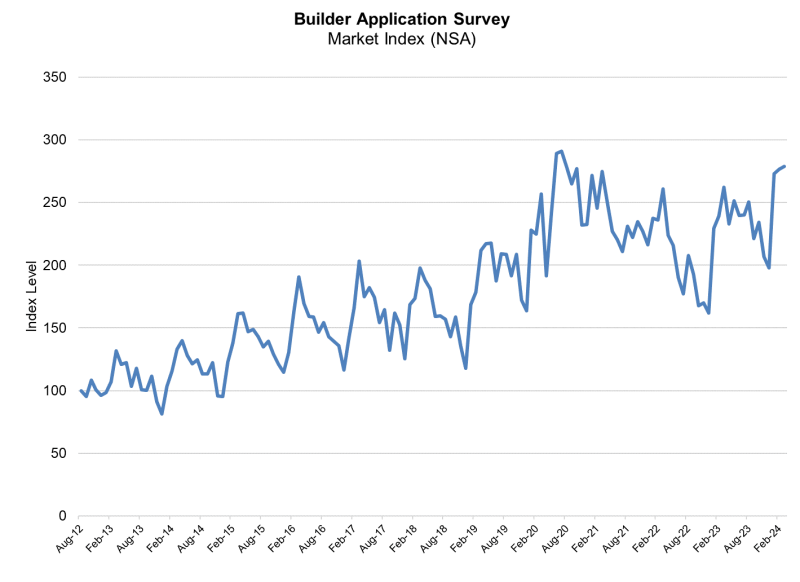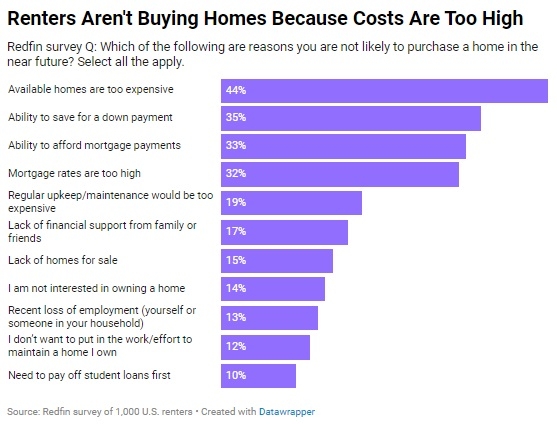Advertisement
a la mode releases National Appraisal Fee Reference to meet compliance needs

a la mode inc., the dominant provider of appraisal-related technology and services to the mortgage industry, today released the first public edition of The Appraisal Fee Reference (AFR). The AFR is the authoritative national analysis of independent appraisal fees, and is just one of the monthly data sets published as part of a la mode's Appraisal Industry Analytics practice.
Using the data from hundreds of thousands of verified and validated appraisals, the AFR reports the median appraisal fees for each of the 3,221 counties and districts in the 50 states, the District of Columbia, Puerto Rico, and Guam.
The timing of the release is critical, since FHA's recently implemented guidelines require that participating lenders ensure that appraisers are paid "reasonable and customary" fees, independent of what may be added on by appraisal management companies, or AMCs. Only by using the AFR can a lender or appraiser objectively determine what is a 'customary' fee, and decide whether the appraiser is being offered less than that by an AMC. Appraisers and the National Association of Realtors (NAR) have complained loudly about the issue in recent months, which appears to have prompted the issuance of the new mortgagee rules by FHA.
For compliance with HUD's new 2010 RESPA rules and the revised Good Faith Estimate (GFE), the AFR gives a lender a defensible basis for estimating closing costs on a GFE for loans using independent fee appraisers. Lenders utilizing the Mercury Network also receive additional data sets for GFE compliance.
"Of course," noted Dave Biggers, a la mode's chairman, "Knowing what's customary or commonly expected is only the first step. As in any business, only the person performing the actual work would be able to say what is reasonable or required for a specific request. In real estate that's especially true since every property is different. The key is that the AFR provides lenders and appraisers alike a logical, legally defensible starting point for that fee discussion and for GFE estimation."
As for the actual report, the February 2010 edition of the AFR reveals several interesting fee statistics. For example, the most expensive counties to get an appraisal were not in the major cities. Instead, the 50 most expensive locations were dominated by counties in Alaska, Hawaii, and Wyoming.
Of the locations with the lowest fees, appraisers in Ohio were represented disproportionately, with 18 of the bottom 50 slots being taken by counties in the state. Four nearby states -- Pennsylvania, Kentucky, Illinois, and Wisconsin -- also had three to four counties each in the bottom 50.
Perhaps not surprisingly then, the East North Central census division, comprising Illinois, Indiana, Michigan, Ohio, and Wisconsin, ranked at the very bottom of the nine divisions nationally, with a median fee of $300. The Pacific division was most healthy overall for appraisers, with a median of $400.
When looking at the larger census regions, the West and South fared best for appraisers with median fees of $375 and $350, respectively. The Midwest and Northeast did more poorly, with both showing medians of $325.
Nationwide, the median observed appraisal fee was $350, with an average of $351.
For more information, visit www.alamode.com.
About the author





